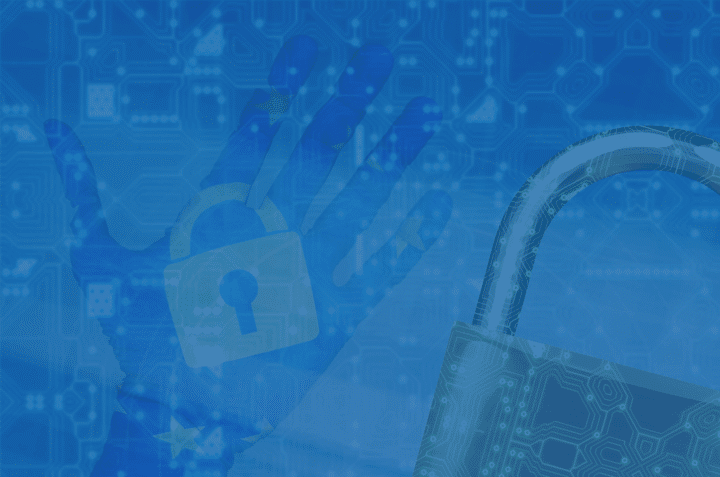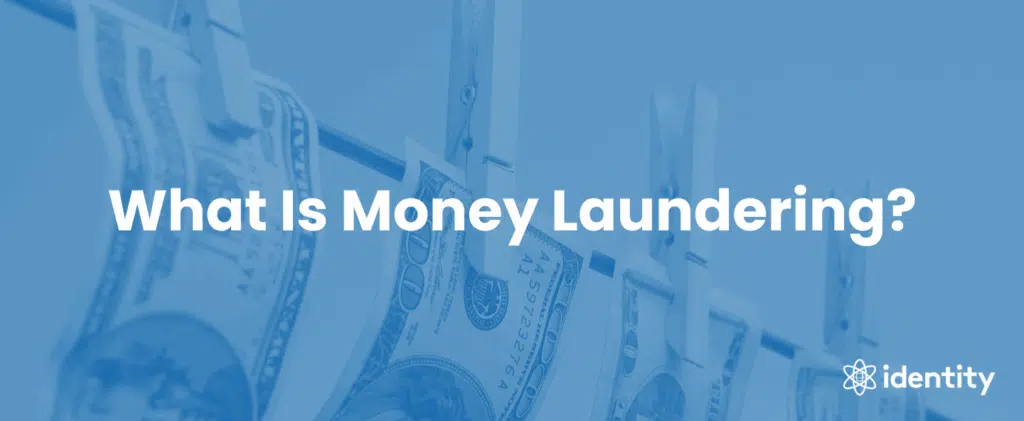What Is KYC Fraud?

Key Takeaways: KYC fraud involves individuals providing false or misleading information during the Know Your Customer (KYC) process to deceive financial institutions or businesses. This deceptive practice undermines the integrity of financial systems and can lead to significant financial crimes, including money laundering and terrorist financing. Common tactics include identity theft, synthetic identity creation, and […]
What Is the California Privacy Rights Act (CPRA)?

Key Takeaways: The California Privacy Rights Act (CPRA) expands on the existing CCPA, providing consumers with additional privacy protections and greater control over their personal data. CPRA enhances consumer rights, enabling Californians to limit the use of sensitive personal information, correct inaccurate data, and opt-out of targeted advertising across multiple platforms. By introducing stricter protections […]
What Is Money Laundering and Why It Still Matters Today

Key Takeaways: Money laundering is the process of making illegal money appear legitimate. It typically involves placing illicit funds into the financial system, layering them through complex transactions, and integrating them back as clean income. It enables serious crimes and harms society. Laundering supports human trafficking, terrorism, corruption, and cybercrime—while also distorting economies and eroding […]
What Is eKYC (Electronic Know Your Customer)?

Key Takeaways: eKYC (Electronic Know Your Customer) is the digital process of verifying the identity of clients, meeting KYC requirements digitally. It assesses their suitability and the potential risks of illegal intentions in business relationships. eKYC eliminates the need for manual verification and paperwork, making it faster and more efficient. Additionally, digital verification methods often […]
What Is the Securities and Exchange Commission (SEC)?

Key Takeaways: The U.S. Securities and Exchange Commission (SEC) is a federal agency responsible for regulating the securities industry. It’s goal is to protect investors and ensure fair, orderly, and efficient markets. The SEC enforces securities laws to protect investors, requiring public companies to disclose critical financial information that aids in informed decision-making. The SEC’s […]
What Is the Commodity Futures Trading Commission (CFTC)?

Key Takeaways: The Commodity Futures Trading Commission (CFTC) is an independent U.S. government agency that regulates the derivatives markets. These markets include futures, options, and swaps, ensuring they operate fairly and transparently. The CFTC works to protect market participants and the public from fraud, manipulation, and abusive practices in the trading of derivatives. While the […]
What Is Anti-Money Laundering (AML)?

Key Takeaways: Anti-Money Laundering (AML) are laws, regulations, and procedures that prevent criminals from disguising illegally obtained funds as legitimate income. Governments and international organizations enforce AML regulations to detect, disrupt, and prevent the flow of illicit funds. Financial institutions are required to implement AML measures to ensure compliance and protect the financial system from […]
What Is a Customer Identification Program (CIP)?

Key Takeaways: The Customer Identification Program (CIP) focuses on the initial verification of a customer’s identity to comply with regulatory requirements. CIP requires businesses to collect specific customer information, such as name, address, date of birth, and identification number, to verify identity. CIP is a crucial component of the broader Know Your Customer (KYC) process, […]
What Is GLEIF? (Global Legal Entity Identifier Foundation)

Key Takeaways: The Global Legal Entity Identifier Foundation (GLEIF) is an organization established to support the implementation and use of the Legal Entity Identifier (LEI). Legal Entity Identifier (LEI) is a 20-digit code issued to legal entities involved in financial transactions, enhancing transparency and traceability. GLEIF oversees the LEI system but does not issue LEIs; […]